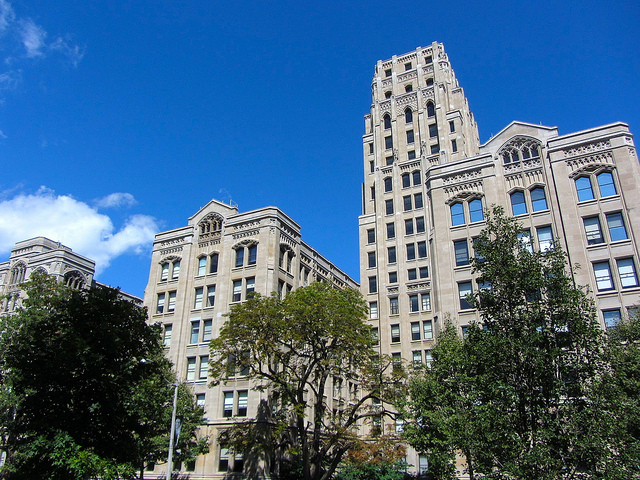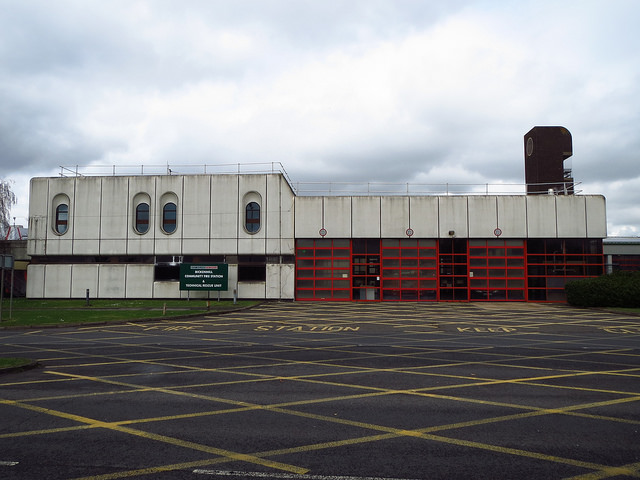Democrats in the lower house of the US Congress are to use a very infrequently used procedure to try to force a vote on immigration reform.
The Democratic leadership in the House of Representatives will use a 'discharge petition' to try to force a vote on a bill that has already been passed by the Senate.
The Border Security, Economic Opportunity and Immigration Modernization Act was passed by the Senate in June 2013. It is a comprehensive immigration reform bill which would radically reform the US's immigration system in many areas.





